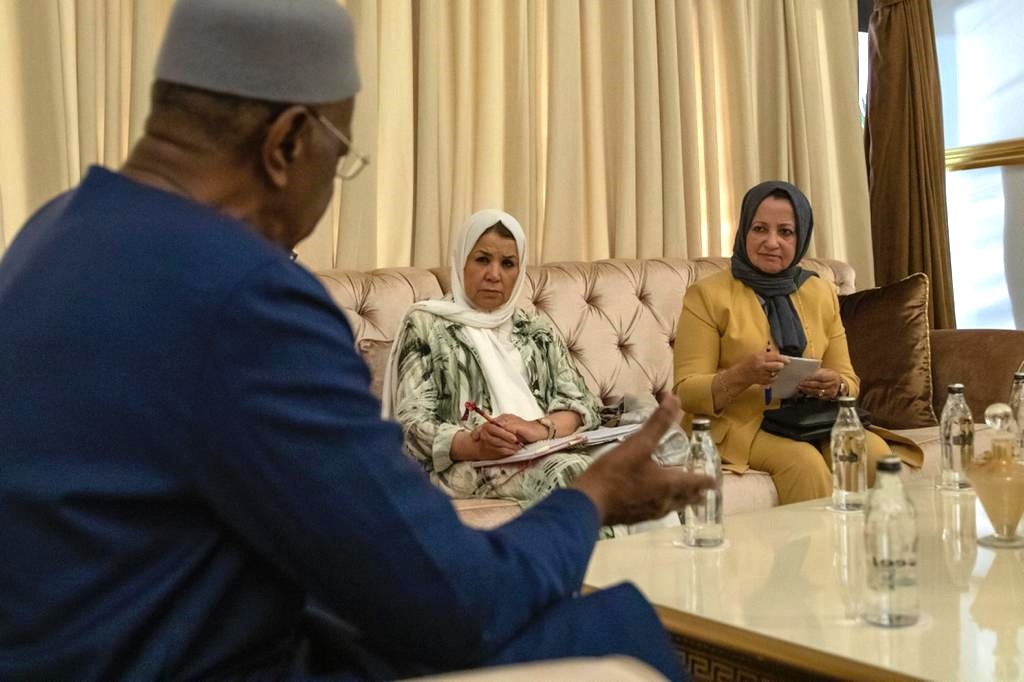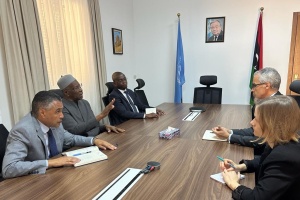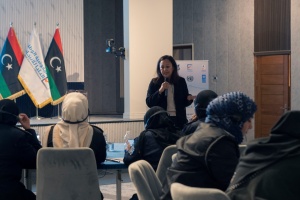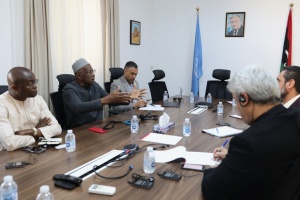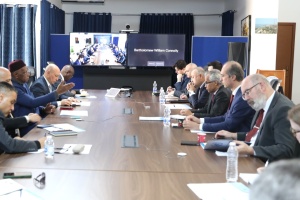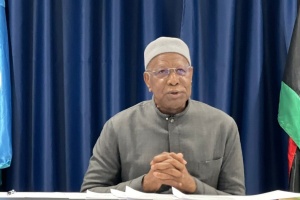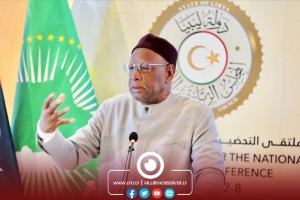The United Nations (UN) envoy to Libya, Abdoulaye Bathily, has launched dialogue with Libyan women fr different fields to discuss their visions of the best way to lasting peace in the country.
"During his first few weeks in Libya, Special Representative of the Secretary-General Abdoulaye Bathily made it a priority to sit down with civil society representatives, in particular with women from various backgrounds, to solicit their ideas on the path to sustainable security." UNSMIL said in a statement on Tuesday.
Bathily said that women in Libya are among the most negatively impacted by Libya’s continued lack of political stability, but they are marginalized from the conversation about solutions, adding that "we must do all we can to tap into women’s wisdom and amplify their ideas now and dismantle barriers to their political participation in the future.”
"Just 5 out of 18 ministers in Libya’s Government of National Unity are women. Women account for just 15 percent of the country’s two legislative bodies, including 2 women in the House of Representatives and 20 women in the High Council of State out of 133 members." The statement said.
It added that as Libya works to rebuild, women activists are seizing the moment to push for increased social and political influence, saying that they face considerable challenges, including restrictions on women’s role in society, insecurity in the streets, and an increase in online harassment, hate speech and threats.
"Since 2014, multiple female political activists and government representatives have been physically attacked, including – among others – Salwas Bughaghis, a former member of the National Transitional Council who was murdered in 2014, and Member of Parliament Seham Sergewa, who was abducted in 2019 and whose whereabouts remain unknown." It said.
The statement indicated that since arriving in Libya to lead the United Nations Support Mission in Libya on 14 October, Bathily has met with more than two dozen women from Al-Jufra, Benghazi, Misrata, Sebha and Tripoli, including candidates for parliamentary elections, professors, lawyers, research scientists, and women’s rights activists.
"During their initial conversations, SRSG Bathily requested they provide written proposals to address a variety of challenges ranging from the dispute over the executive, to disarmament, demobilization and reintegration (DDR), and women’s inclusion in reconciliation efforts." The statement reads.
The statement indicated that Bathily conferred quietly with the women, listening as they aired their concerns about the proliferation of weapons, arbitrary arrests and detentions, the need for reconciliation and transitional justice; among other issues.

